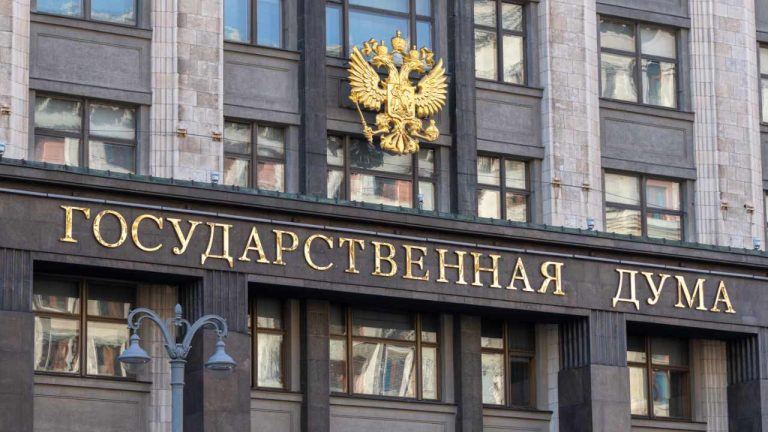ARTICLE AD BOX
U.S. Securities and Exchange Commission Chairman Gary Gensler has painted a bleak picture of the cryptocurrency industry, arguing that it is filled with "fraudsters" and "grifters."
Last month, the SEC boss also warned that the industry was not going to "persist" without following the rules.
Not a currency
Gensler has also poured cold water on Bitcoin's prospects of gaining widespread adoption as a means of payment.
Instead, Bitcoin will be treated as a store of value, according to the SEC boss.
Satoshi Nakamoto, the mysterious Bitcoin creator, viewed the cryptocurrency as a "peer-to-peer cash system."
There were early signs of growing merchant acceptance. BitPay, the leading crypto payment processor, experienced a massive uptick in the number of merchants accepting Bitcoin back in 2013. This trend did not last long.
Even though the crypto king was originally pitched as a replacement for the US dollar and fiat currencies, it has failed to gain significant merchant adoption. In 2017, Morgan Stanley revealed that the number of merchants accepting Bitcoin had declined compared to the previous year.
Expensive and slow transactions emerged as the main hurdles for Bitcoin as a means of payment. Bitcoin's price volatility was also one of the key reasons why merchants were reluctant to adopt the leading cryptocurrency.
The Lightning Network, which seemingly emerged as a scaling solution, has failed to gain significant traction. Efficient centralized payment systems have also reduced demand for crypto payments.
Since then, Bitcoin advocates have pivoted to the "store of value" narrative, positioning the leading cryptocurrency as a digital alternative to gold. The aforementioned narrative continues to persist today, with major players of the likes of MicroStrategy hoarding their coins.
 (1).png) 1 month ago
32090
1 month ago
32090









 English (US) ·
English (US) ·